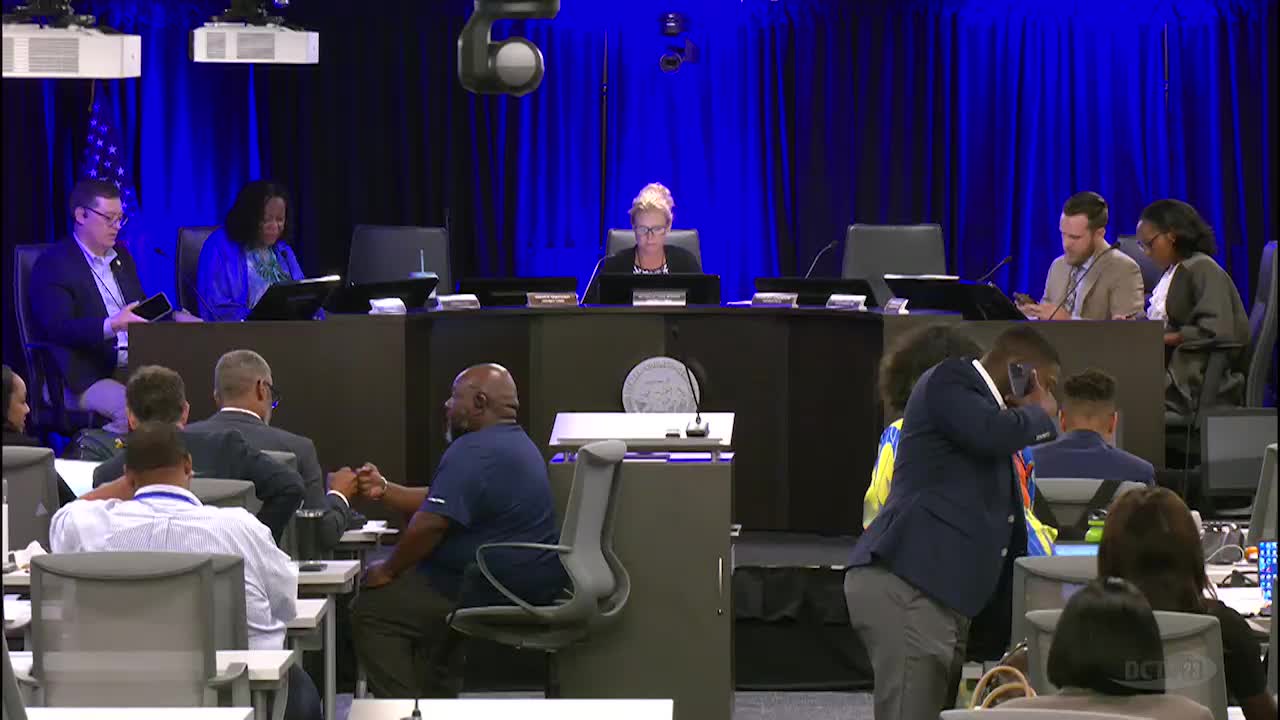DeKalb committee advances companion-animal litter registration after months of drafting
Get AI-powered insights, summaries, and transcripts
Subscribe
Summary
The DeKalb County operations committee voted to send a revised ordinance — converting a proposed permit into a free registration for litters of dogs, cats and rabbits — out of committee with no recommendation to the full board.
The DeKalb County Operations Committee voted to advance a revised ordinance that would require owners to register litters of dogs, cats and rabbits and set new limits and options for handling inadvertent litters.
The substitute ordinance, dated 04/09/2025, changes the earlier permitting approach to a no-cost registration and assigns enforcement to animal control rather than code enforcement. County Attorney Laura summarized the draft: “a citizen can avoid a citation for violation of 1 of these prohibitions if they will sterilize the animal or take it to an animal shelter.”
The ordinance would limit dogs, cats and rabbits to one registered litter a year and prohibit allowing animals younger than 1 year old to produce litters; it also allows owners with inadvertent litters to sterilize the animals or transfer them to a shelter. The draft provides for a warning for a first violation rather than an immediate citation, and includes record-keeping requirements for the director of animal services. The substitute is described in committee as reflecting the presentation given by Professor Lisa Millett (UGA) at an earlier meeting.
Committee members repeatedly emphasized the ordinance is one tool among many to address shelter overpopulation. Commissioner Michelle Long Spears, who led the discussion, said the registration is intended to be practical and enforceable: “it’s changed it from a permit to a registration. We were very specific in there that there is no cost to obtain. The animal control officers will enforce it, not code enforcement.” County advocates and Lifeline staff attended the meeting and were recognized by the committee.
After discussion and questions about how the penalties and exceptions would work in practice, the committee approved a motion to send the April 9 substitute out of committee with no recommendation to the full Board of Commissioners. The item will next appear on the business meeting agenda where it requires four votes to pass.
Committee members and county staff said they are open to future tweaks if unintended consequences emerge once the language is in practice, and staff and advocates will continue outreach ahead of the full-board vote.
